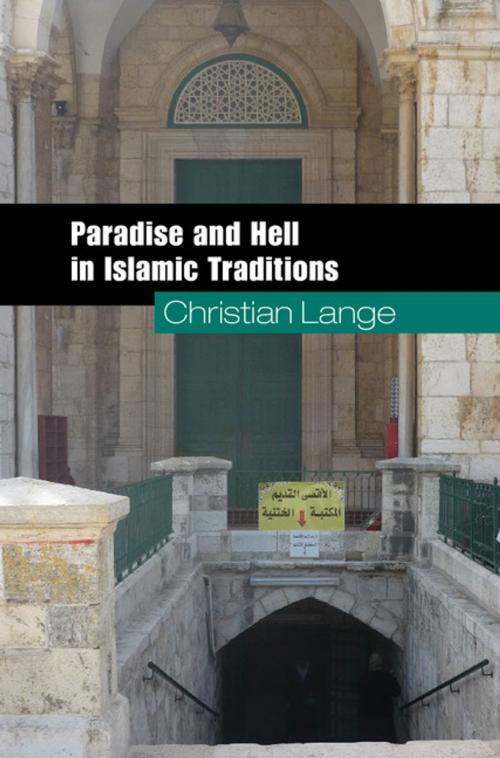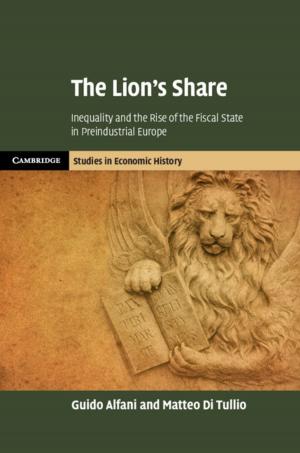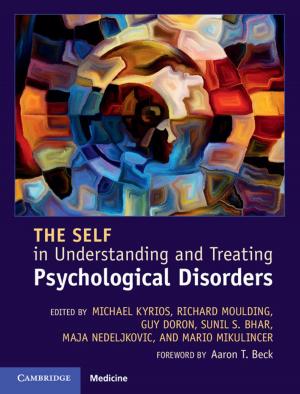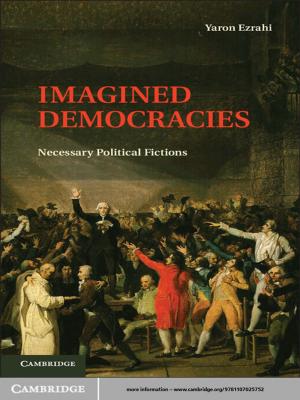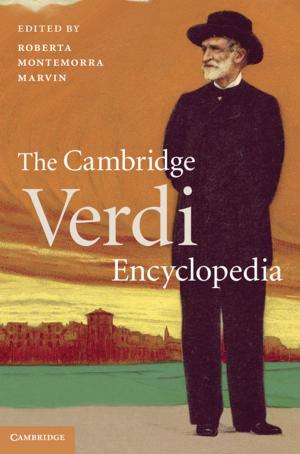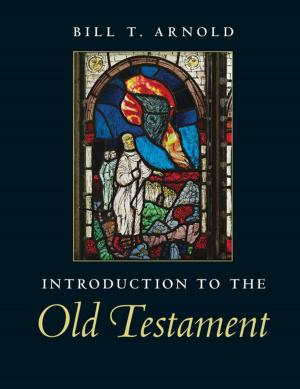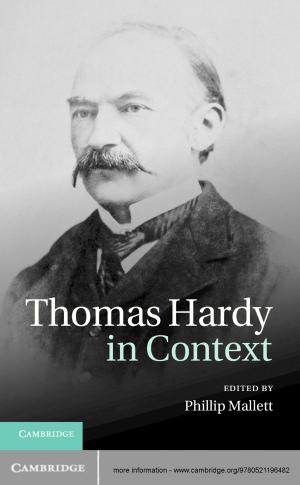Paradise and Hell in Islamic Traditions
Nonfiction, Religion & Spirituality, Middle East Religions, Islam, History, World History| Author: | Christian Lange | ISBN: | 9781316410677 |
| Publisher: | Cambridge University Press | Publication: | December 1, 2015 |
| Imprint: | Cambridge University Press | Language: | English |
| Author: | Christian Lange |
| ISBN: | 9781316410677 |
| Publisher: | Cambridge University Press |
| Publication: | December 1, 2015 |
| Imprint: | Cambridge University Press |
| Language: | English |
The Muslim afterworld, with its imagery rich in sensual promises, has shaped Western perceptions of Islam for centuries. However, to date, no single study has done justice to the full spectrum of traditions of thinking about the topic in Islamic history. The Muslim hell, in particular, remains a little studied subject. This book, which is based on a wide array of carefully selected Arabic and Persian texts, covers not only the theological and exegetical but also the philosophical, mystical, topographical, architectural and ritual aspects of the Muslim belief in paradise and hell, in both the Sunni and the Shiʿi world. By examining a broad range of sources related to the afterlife, Christian Lange shows that Muslim religious literature, against transcendentalist assumptions to the contrary, often pictures the boundary between this world and the otherworld as being remarkably thin, or even permeable.
The Muslim afterworld, with its imagery rich in sensual promises, has shaped Western perceptions of Islam for centuries. However, to date, no single study has done justice to the full spectrum of traditions of thinking about the topic in Islamic history. The Muslim hell, in particular, remains a little studied subject. This book, which is based on a wide array of carefully selected Arabic and Persian texts, covers not only the theological and exegetical but also the philosophical, mystical, topographical, architectural and ritual aspects of the Muslim belief in paradise and hell, in both the Sunni and the Shiʿi world. By examining a broad range of sources related to the afterlife, Christian Lange shows that Muslim religious literature, against transcendentalist assumptions to the contrary, often pictures the boundary between this world and the otherworld as being remarkably thin, or even permeable.
